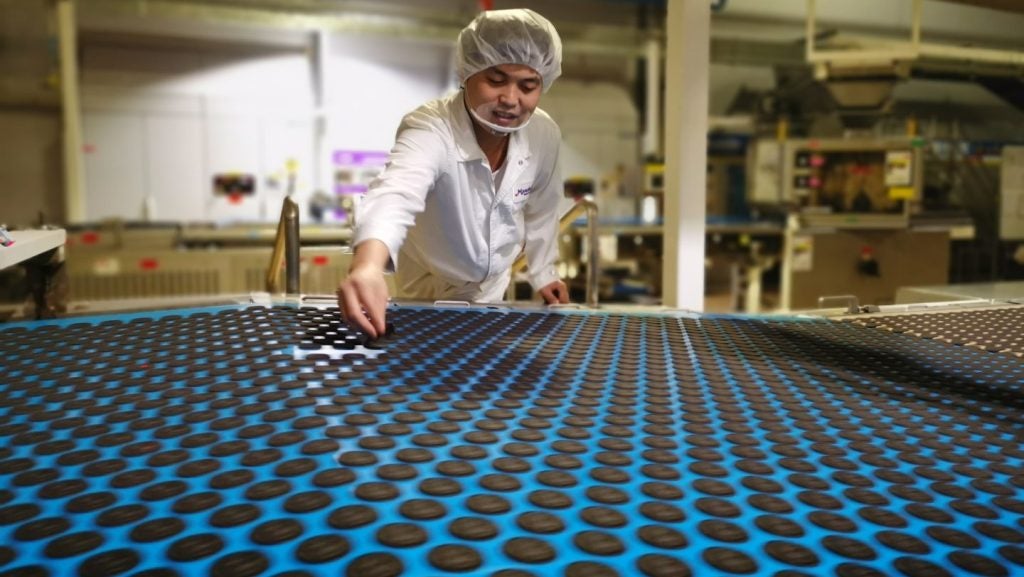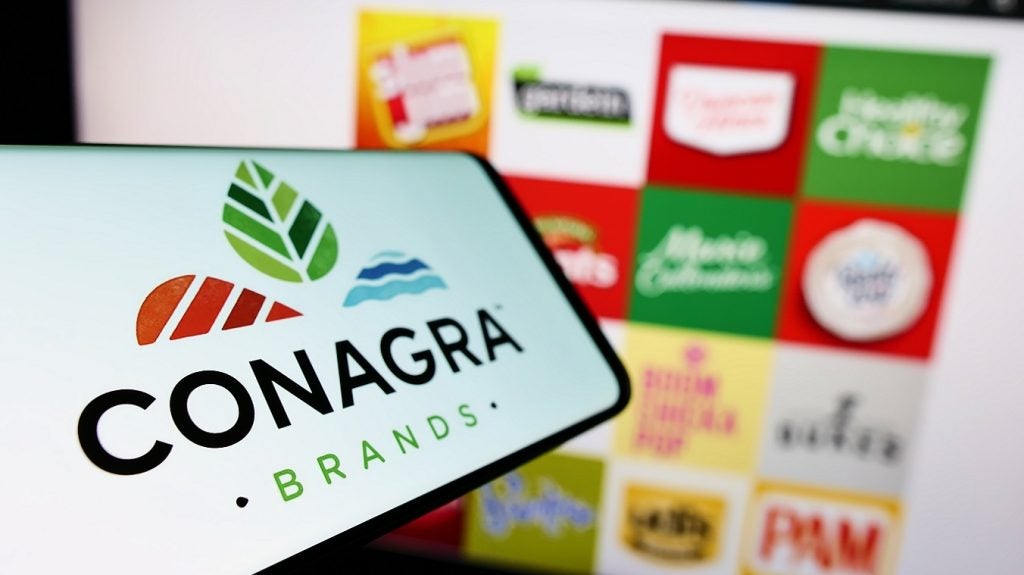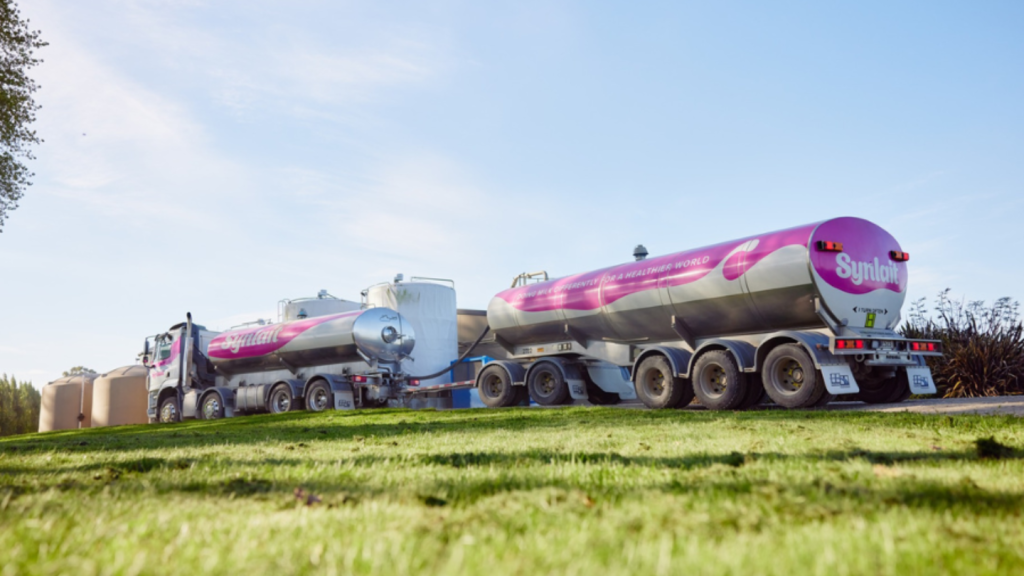A proposed EU rule to cut the use of pesticides in agriculture is set to be scrapped in the wake of farmer protests.
The plan was first put forward in 2020 under the so-called Green Deal to create a sustainable food system across the EU. Under Sustainable Use Regulations (SUR), the aim on pesticides was to reduce the use of chemicals in farming in the EU by 50% by 2030.
However, European Commission President Ursula von der Leyen, a key architect of the policy initiative, today (6 February) reiterated how the proposal has become bogged down among the bloc’s decision-makers.
While framing the SUR as a “worthy aim to reduce the risks of chemical plant protection products”, von der Leyen said the “proposal has become a symbol of polarisation” and has been “rejected” by the European Parliament.
Addressing a plenary session of that body today, von der Leyen said she planned to recommend the withdrawal of the proposal: “There is no progress anymore in the Council either. So we have to do something.
See Also:
“And to move forward, more dialogue and a different approach is needed. And on this basis, the Commission could make a new proposal with much more matured content and with the stakeholders together.”
How well do you really know your competitors?
Access the most comprehensive Company Profiles on the market, powered by GlobalData. Save hours of research. Gain competitive edge.

Thank you!
Your download email will arrive shortly
Not ready to buy yet? Download a free sample
We are confident about the unique quality of our Company Profiles. However, we want you to make the most beneficial decision for your business, so we offer a free sample that you can download by submitting the below form
By GlobalDataVon der Leyen also framed much of today’s speech around the plight of EU farmers, who took to the streets in France, Belgium, Italy and Spain over the past week to fight their corner over burdensome policies.
Green regulations on the environment were one of them, along with the threat from cheap imports, particularly from Ukraine, and rising industry costs associated with inflation.
“Many of them feel pushed into a corner. Farmers are the first in line feeling the effects of climate change. Droughts and floods have destroyed their harvests and threatened livestock,” von der Leyen said.
“Farmers are feeling the impact of the Russian war. Inflation, the rising cost of energy and fertilisers. Nevertheless, they work hard every day to produce the quality food we eat. For this, I think we owe them appreciation and thanks and respect.”
Taking a balanced tone, she added: “I know that they are worried about the future of agriculture and about their future as farmers. But they also know that agriculture needs to move to a more sustainable model of production so that their farms remain profitable in the years to come. And we want to make sure that in this process, the farmers remain in the driving seat.”
In an effort to placate farmers, the Commission set out proposals last week that would allow farmers to use derogations from Common Agricultural Policy rules requiring them to keep certain areas non-productive.
At the same time, Brussels laid down plans for an “emergency brake” on imports of poultry, eggs and sugar from Ukraine.
“We will continue to engage with our farmers to ensure the CAP strikes the right balance between responding to their needs while continuing to deliver public goods for our citizens,” von der Leyen said last Friday.
The Commission president said today the Strategic Dialogue on the Future of Agriculture in the European Union has been launched to bring industry representatives together to find common solutions.
“We have invited a broad scope of representatives of the farming sector, the young farmers, the rural communities, the seed and fertiliser industry, the food sector, the processing sector, but also the financial sector, the cooperative banking sector, the consumers and environmental groups, and of course science,” von der Leyen said.
“We need to analyse the situation together, share ideas and most importantly develop scenarios for the future. We need to move beyond a polarised debate and to create trust.”




